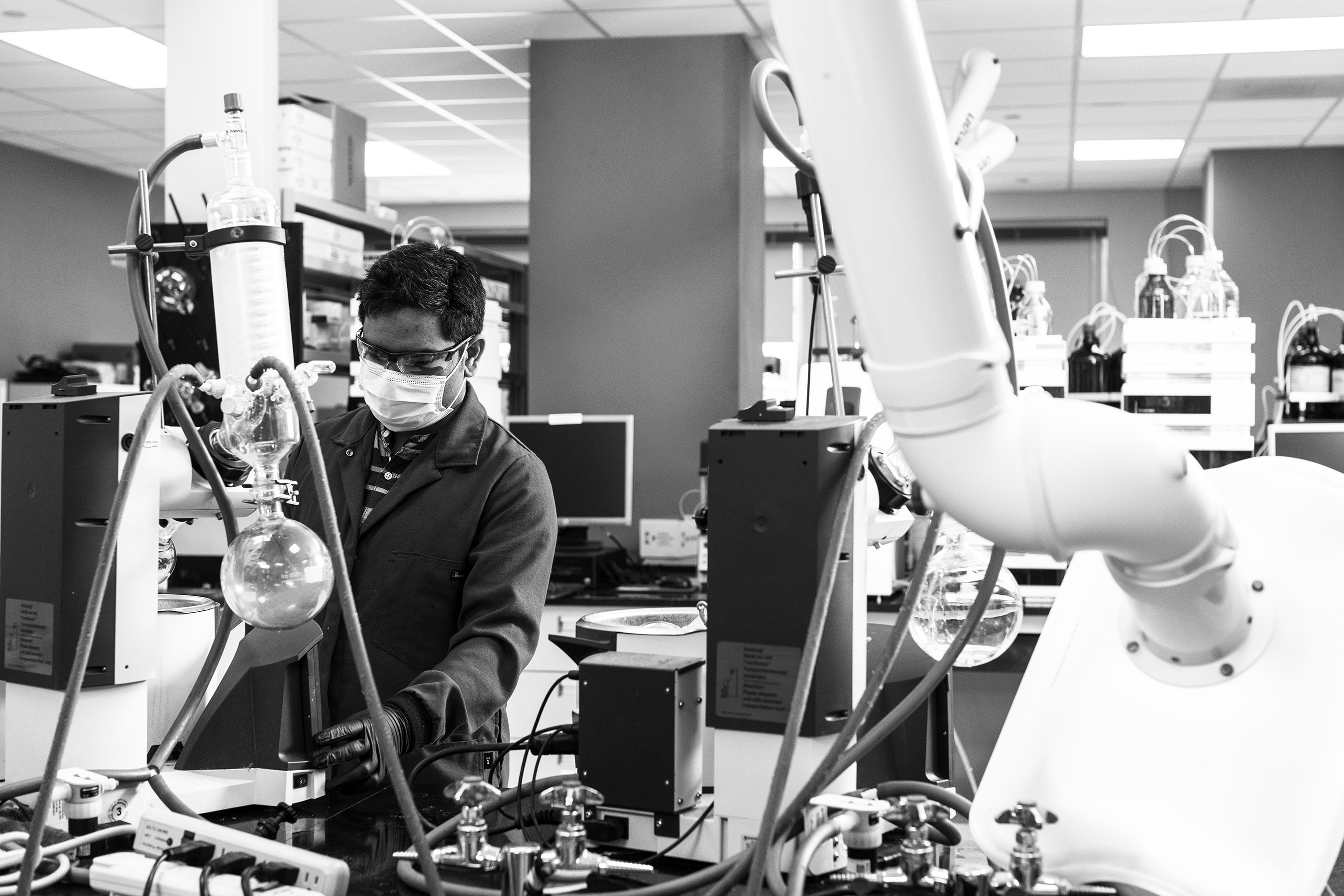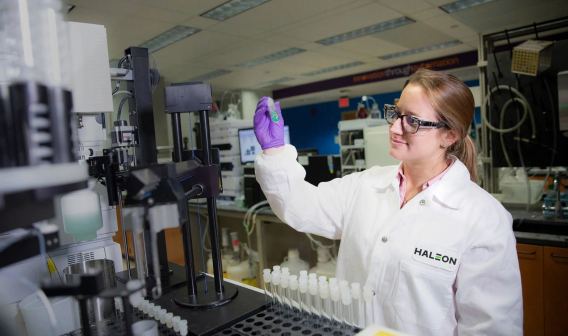Currently, the pharma industry uses supercomputers to model how compounds might interact to discover new drugs. However, given the strangeness of quantum behavior, classical computing finds it extraordinarily difficult to simulate molecules past a certain level of complexity. “
Classical computing can’t model a molecule of caffeine, which has just 24 atoms,” said John Levy, co-founder and CEO of quantum computing startup SEEQC. “Even going much beyond a hydrogen atom is difficult. However, pharma may deal with proteins thousands of atoms large.”
The fact that normal computers “have only vague ideas about how possible drugs may interact with biology means they must synthesize a lot of them and test them on humans, which takes money and is risky for people,” Jackson said. “With quantum computing, there can be less guesswork to quickly focus on more promising drugs.”
Recent initiatives from pharmaceutical leaders into quantum computing include the world’s largest private drug company, Boehringer Ingelheim, which announced in 2021 that it would partner with Google to use quantum computing for molecular dynamics simulations. That year, Roche also revealed it was collaborating with Cambridge Quantum Computing in England to design quantum algorithms for early-stage drug discovery and development into Alzheimer’s disease. (Cambridge and Honeywell Quantum Solutions merged to form Quantinuum in 2021.)
Quantum computers can figure out which molecules might bind most strongly to their targets, which can lower the dose that patients need and potentially lead to fewer side effects. They can also examine a molecule’s structure, how it might change in different settings and over time, and how the body might break it down.
Quantum computing may also find use in drug production. For instance, SEEQC has partnered with Merck to make their manufacturing processes more energy efficient. For BASF, the largest chemical producer in the world, Levy notes that SEEQC’s research could potentially affect about 15% of its manufacturing volume.
However, today’s quantum computers are noisy intermediate-scale quantum platforms, meaning their qubits are error-prone and number up to 1,000 or so at most. Ideally, for practical applications, future quantum computers will likely need many thousands of qubits to help compensate for any mistakes.
For now, companies aim to overcome these limitations with hybrid approaches that pair quantum and classical computers. For instance, the main algorithm used in quantum chemistry research, known as the variational quantum eigensolver, has classical computers doing much of the work, with quantum processors solving the parts of the problem that would prove difficult for conventional machines. This algorithm is used to find optimal solutions to problems, such as a molecule’s most stable state.
Currently, quantum computers can analyze molecules five to 10 atoms large, but conventional small drug molecules often comprise 30 to 40 atoms. To compensate, researchers use quantum computers to analyze multiple fragments of a small drug molecule and then use classical computers to understand how these fragments behave together as a single compound. Beyond pharmaceuticals, quantum computing may find use in medical imaging analysis and diagnostics.
Another future application for quantum computing may be bioinformatics, the analysis of the vast amounts of data that modern labs can generate. For example, in 2021, Cambridge Quantum Computing partnered with CrownBio and JSR Life Science to see how effective different cancer drugs are, depending on a patient’s genes.
“Personally, what I’m most excited about when it comes to quantum computing and biology is how it might find use in personalized medicine — finding out how to help people based on their genetic makeup,” Jackson said. “It could absolutely revolutionize pharma and the health care industry as we know it.”





